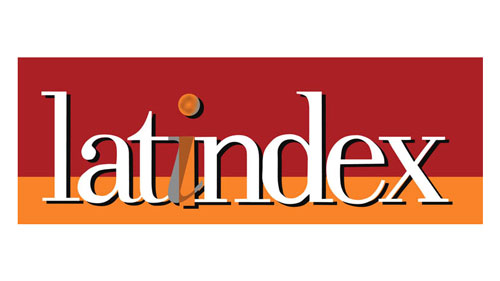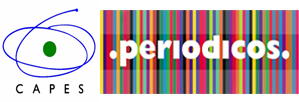Introduction to special issue: Translanguaging and critical language education in a (post)pandemic context
DOI:
https://doi.org/10.26512/rhla.v22i1.39388Keywords:
critical language education, TranslanguagingAbstract
In the context of the Covid-19 pandemic, the cultural diversity and social inequality present in Brazil are highlighted, above all, in educational practices, especially in language education, which is the focus of this Dossier. In this way, the value of acknowledging multiculturalism is highlighted. It is a historical construction, the result of a process of struggle and social struggle, not being, therefore, a natural, spontaneous phenomenon, since it represents the democratic coexistence of different cultures in the same social space (FREIRE, 2014). Therefore, it is important to broaden reflections on Translanguaging, in order to understand it as an action of resistance to the ideologies that reproduce discrimination and a way of building democratic attitudes that enable humanized social coexistence between different cultures and repertoires (CANAGARAJAH, 2013 ; GARCÍA, 2009; GARCÍA; WEI, 2014; MAKALELA, 2016; ROCHA; MACIEL, 2015).
Downloads
References
CANAGARAJAH, S. Translingual practice. New York: Routledge, 2013.
FREIRE, P. (1992). Pedagogia da esperança: um reencontro com a Pedagogia do oprimido (Pedagogy of hope: a reencounter with the Pedagogy of the oppressed) (21st ed.). Rio de Janeiro/São Paulo: Paz e Terra, 2014.
GARCÍA, O. Bilingual education in the 21st century: a global perspective. Maiden, MA: Wiley-Blackwell, NJ: Blackwell, 2009.
GARCÍA, O.; SYLVAN, C. E. Pedagogies and practices in multilingual classrooms: singularities in pluralities. The Modern Language Journal, v. 95, n. 3, 2011.
GARCÍA, O.; WEI, L. Language, bilingualism and education. In: _____. Translanguaging: language, bilingualism and education. London: Palgrave Macmillan, 2014. p. 46-62.
MAKALELA, L. Ubuntu translanguaging: an alternative framework for complex multilingual encounters. Southern African Linguistics and Applied Language Studies, v. 3, n. 3, p. 187-196, 2016.
MAKALELA, L.; SILVA, K. A. da. Translanguaging and language policy in the Global South: introductory notes. Revista Brasileira de Linguística Aplicada, v. 23, n. 1, 2023, e33203. Disponível em: https://doi.org/10.1590/1984-6398202333203. Acesso em: 19 jun. 2023.
ROCHA, C. H. Educação linguística na liquidez da sociedade do cansaço: o potencial decolonial da perspectiva translíngue. D.E.L.T.A., v. 35, n. 4, p. 1-39, 2019. Disponível em: https://doi.org/10.1590/1678-460X2019350403. Acesso em: 19 jun. 2023.
ROCHA, C. H., MACIEL, R. F. Ensino de língua estrangeira como prática translíngue: articulações com teorias bakhtinianas. D.E.L.T.A., v. 31, n. 2, p. 411-445, 2015. Disponível em: https://doi.org/10.1590/0102-4450437081883001191. Acesso em: 19 jun. 2023.
Downloads
Published
How to Cite
Issue
Section
License
Copyright (c) 2023 Revista Horizontes de Linguistica Aplicada

This work is licensed under a Creative Commons Attribution-NonCommercial-NoDerivatives 4.0 International License.
Articles published by the Journal Horizontes de Linguística Aplicada are licensed under a Creative Commons Attribution-NonCommercial-NoDerivatives 4.0 International License.
By publishing in Horizontes de Linguística Aplicada, authors agree to the transfer of economic copyright to the journal. Authors retain their moral rights, including the right to be recognized as the creators of the work.
Authors and readers are free to:
Share — copy and redistribute the material in any medium or format
Under the following terms:
- Attribution — You must give appropriate credit , provide a link to the license, and indicate if changes were made . You may do so in any reasonable manner, but not in any way that suggests the licensor endorses you or your use.
- NonCommercial — You may not use the material for commercial purposes .
- NoDerivatives — If you remix, transform, or build upon the material, you may not distribute the modified material.
- No additional restrictions — You may not apply legal terms or technological measures that legally restrict others from doing anything the license permits.





